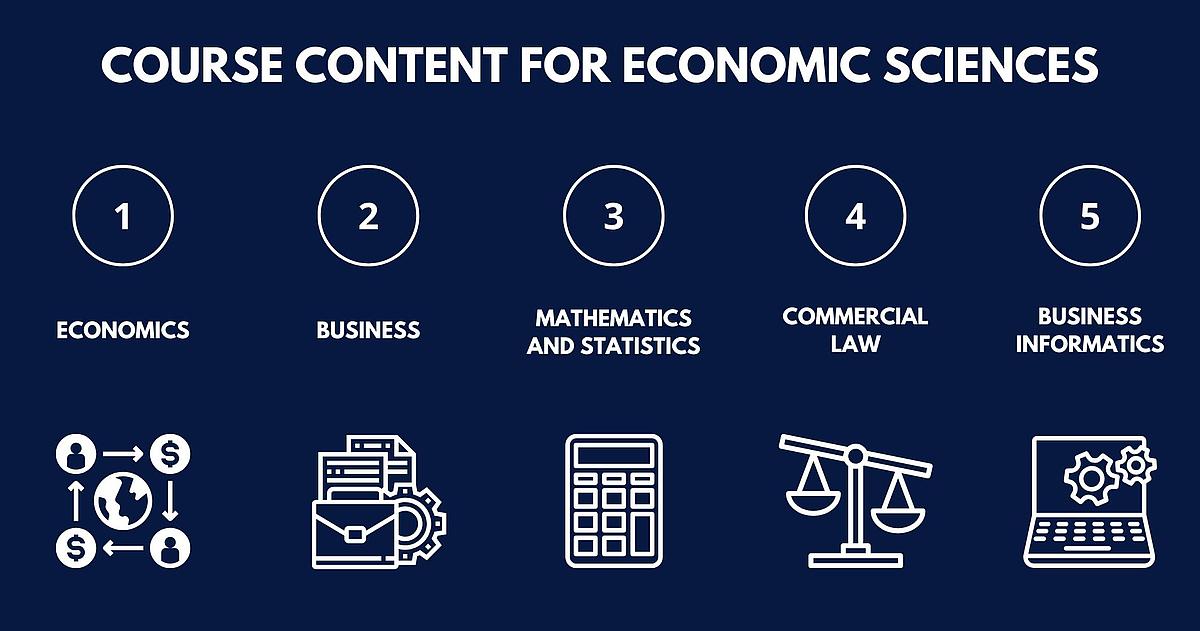Degree in economics in Munich: Quality of Life and Business Location
Munich is known for its high quality of life and is a major business location. The city offers excellent infrastructure, a wide range of cultural activities and a rich history, creating an attractive living environment for students. As a business location, Munich is home to numerous international companies and offers a strong presence in industries such as technology, automotive, finance and insurance. This environment not only provides students with excellent networking opportunities, but also numerous internship and career opportunities. Furthermore, Munich is regularly ranked as one of the most liveable cities due to its safe, clean and pleasant environment.
Studying Business Administration at Munich Business School
At Munich Business School (MBS), you can complete courses in Business Studies. The Bachelor's degree in International Business provides a sound knowledge of business administration with an international focus. For Master's degrees, MBS offers programs such as International Business, Innovation and Entrepreneurship, International Marketing and Brand Management, and Sports Business and Communication. These courses cover various aspects of economics and prepare students for an international career.




















